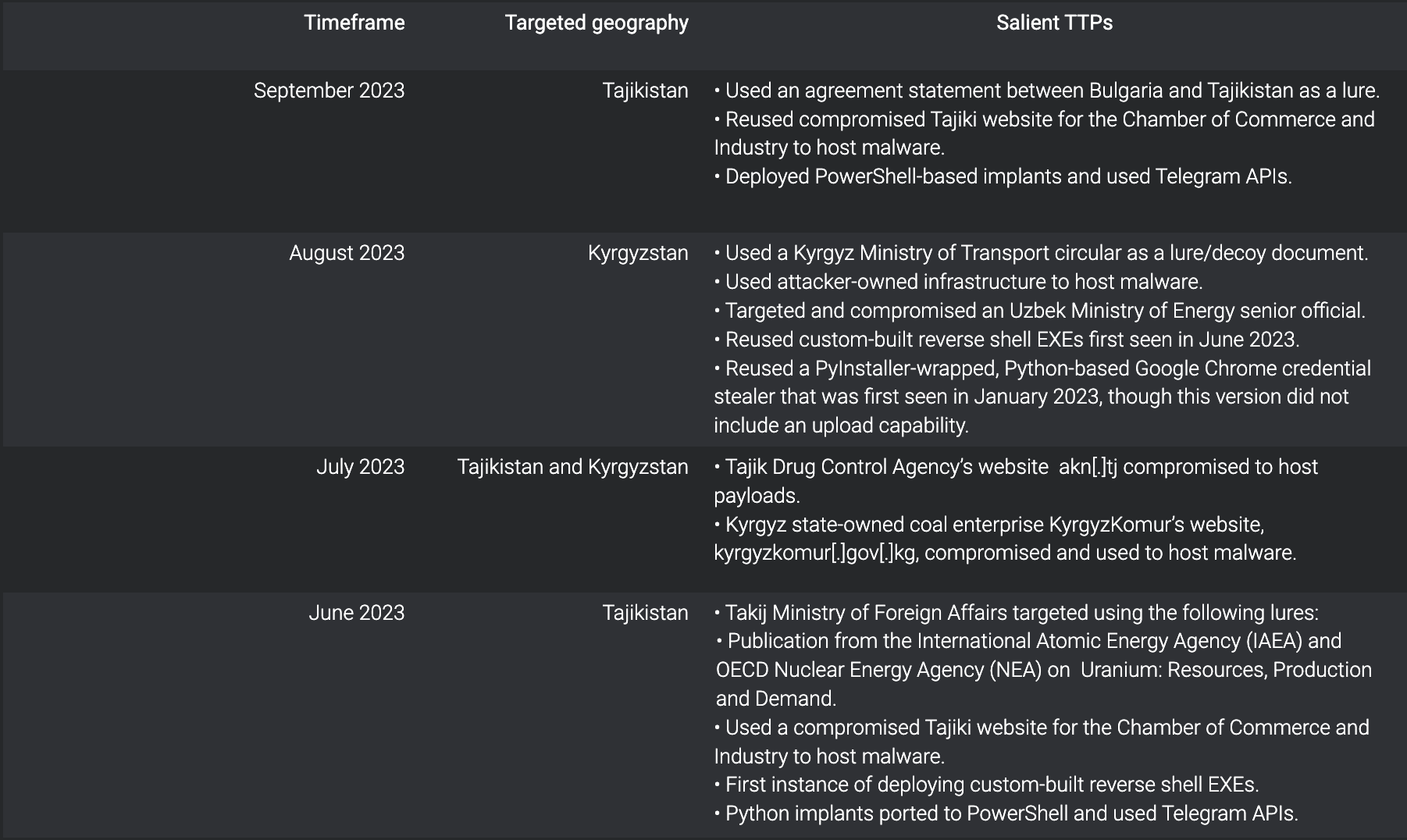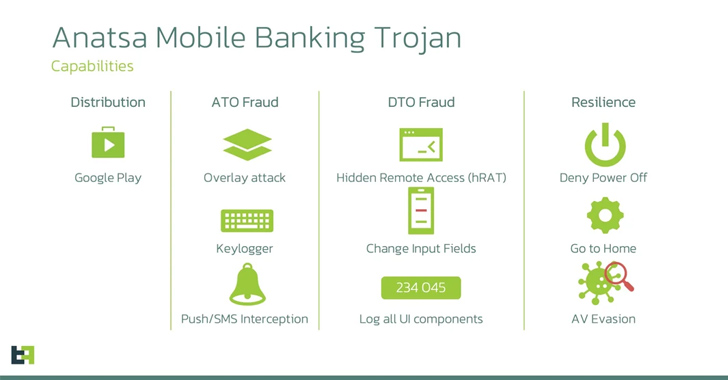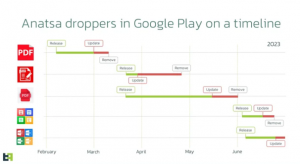Central government urges immediate action for Mozilla Firefox users amid security concerns

CERT-In, the Indian Computer Emergency Response Team, has issued a security warning regarding Mozilla’s Firefox web browser. The alert mentioned potential vulnerabilities that could be exploited by hackers to access confidential user data. It’s concerning as Firefox faces not just one, but multiple security issues.
Affected Versions
- Firefox ESR versions before 115.5.0
- Firefox iOS versions before 120
- Mozilla Thunderbird versions before 115.5
The Risks
The highlighted security flaws indicate the possibility of unauthorised access which poses a major threat to user security.
Protective Measures Advised by CERT-In
- Update Firefox Immediately: Users are strongly advised to update their Firefox browser promptly. This step is crucial in addressing and mitigating the identified security issues.
- Enable Automatic Updates: Ensure that automatic updates are enabled for your Firefox browser. This feature helps in keeping the browser’s security measures up-to-date.
- Exercise Caution with Links and Attachments: Avoid clicking on links and opening attachments from unknown senders, whether through messages or emails. This simple precaution can prevent potential security threats.
CERT-In’s Recent Alerts
In recent weeks, CERT-In has been proactive in issuing security alerts. Prior warnings included concerns about security problems in Chrome on Android and highlighted vulnerabilities in major applications developed by Adobe.
Tips to Stay Safe
Staying vigilant and taking immediate action to update software are critical steps in safeguarding against potential security breaches. As cyber threats continue to evolve, users are encouraged to follow best practices to protect their devices and sensitive information. For further details and the latest updates, users can refer to CERT-In’s official website.
ALSO READ | No charger? Check these tips to keep your iPhone alive in emergency situations
ALSO READ | Xiaomi’s HyperOS update details revealed- Is your smartphone on the…





 The new app was reported to Google again and removed, but in the ultimate game of Whac-A-Mole, every time the apps were removed, new apps appeared. The researchers note that the speed at which the actors return with a new dropper after the previous one is removed is notable in itself, given that the coding can take anywhere from a few days and several weeks.
The new app was reported to Google again and removed, but in the ultimate game of Whac-A-Mole, every time the apps were removed, new apps appeared. The researchers note that the speed at which the actors return with a new dropper after the previous one is removed is notable in itself, given that the coding can take anywhere from a few days and several weeks.